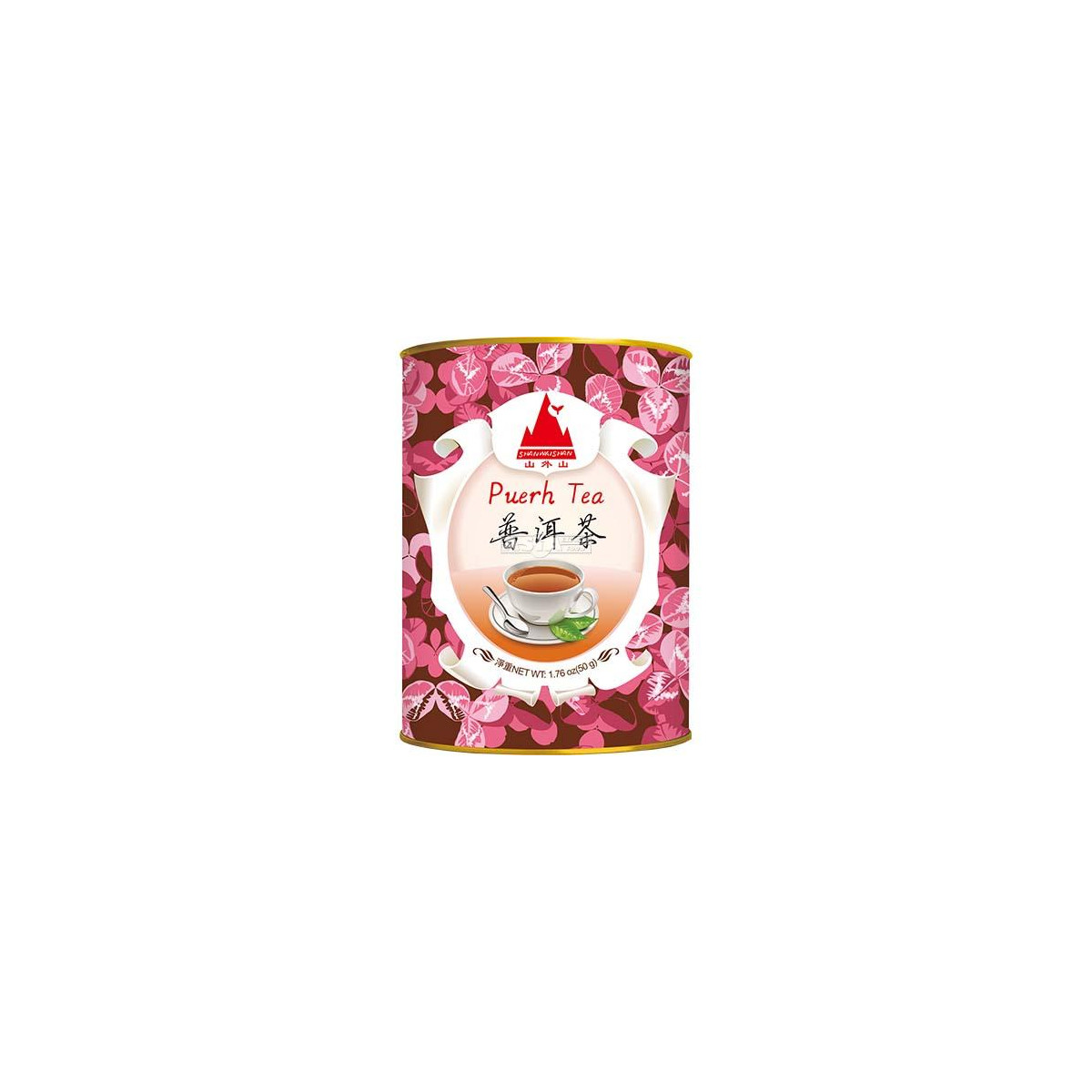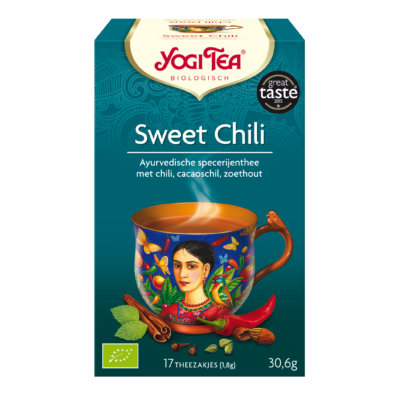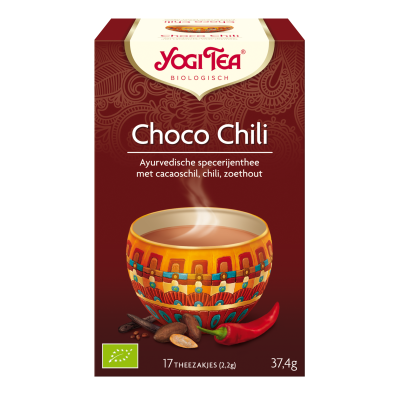Shan Wai pu erh tea 50gr
€4.35
VAT included
Shan Wai Pu-erh Tea is a type of fermented tea from the Yunnan province of China, known for its rich, earthy flavor and potential health benefits. Pu-erh tea undergoes a unique fermentation process, which gives it a distinctive taste that can develop and mature over time.
Characteristics of Shan Wai Pu-erh Tea:
- Flavor Profile: Earthy, mellow, and sometimes slightly sweet. Older pu-erh teas can develop more complex flavors, including notes of wood, leather, and spice.
- Aroma: Often has a robust, earthy aroma with hints of mustiness and sometimes a subtle sweetness.
- Appearance: The tea can be found in various forms, including loose leaf, compressed cakes, or bricks. The leaves are usually dark brown or black.
How to Brew Shan Wai Pu-erh Tea:
Ingredients:
- 1-2 teaspoons Shan Wai Pu-erh Tea (or 1 tea cake if using compressed tea)
- Hot water (about 200-212°F or 93-100°C)
Instructions:
-
Preheat Teapot:
- Rinse your teapot or teacup with hot water to warm it up. This helps maintain the temperature during brewing.
-
Rinse the Tea:
- If using compressed pu-erh tea, gently break off a portion and rinse the leaves with hot water. This step helps to remove any impurities and awakens the tea leaves. Discard the rinse water.
-
Brew the Tea:
- Add the rinsed tea leaves to the teapot. Use about 1-2 teaspoons of loose leaves or one piece of compressed tea per 8 oz (240 ml) of water.
- Pour hot water over the tea leaves, filling the teapot.
-
Steep:
- Let the tea steep for 2-5 minutes, depending on your taste preference. Pu-erh tea can be steeped multiple times, with each infusion offering a slightly different flavor profile.
-
Strain and Serve:
- Strain the tea leaves and pour the tea into cups.
-
Enjoy:
- Drink the tea as is, or add a bit of honey or lemon if desired.
Tips:
- Multiple Infusions: Pu-erh tea is known for its ability to be steeped multiple times. Each infusion can bring out different nuances in flavor.
- Storage: Store pu-erh tea in a cool, dry place away from strong odors. Properly aged pu-erh tea can develop more complex flavors over time.
Related products
(16 other products in the same category)


















